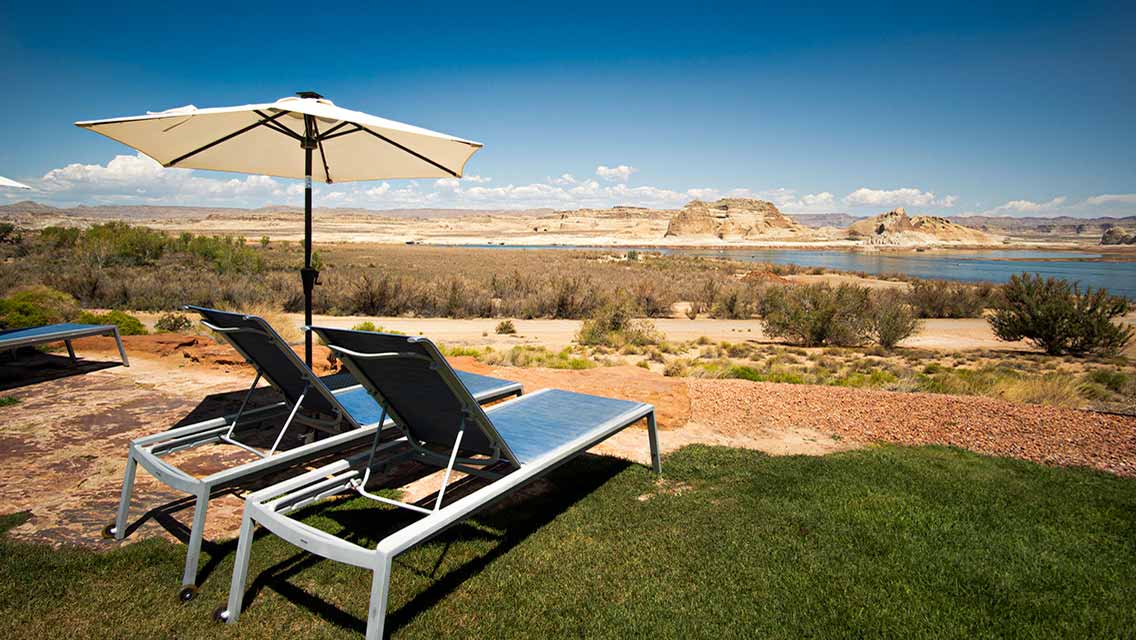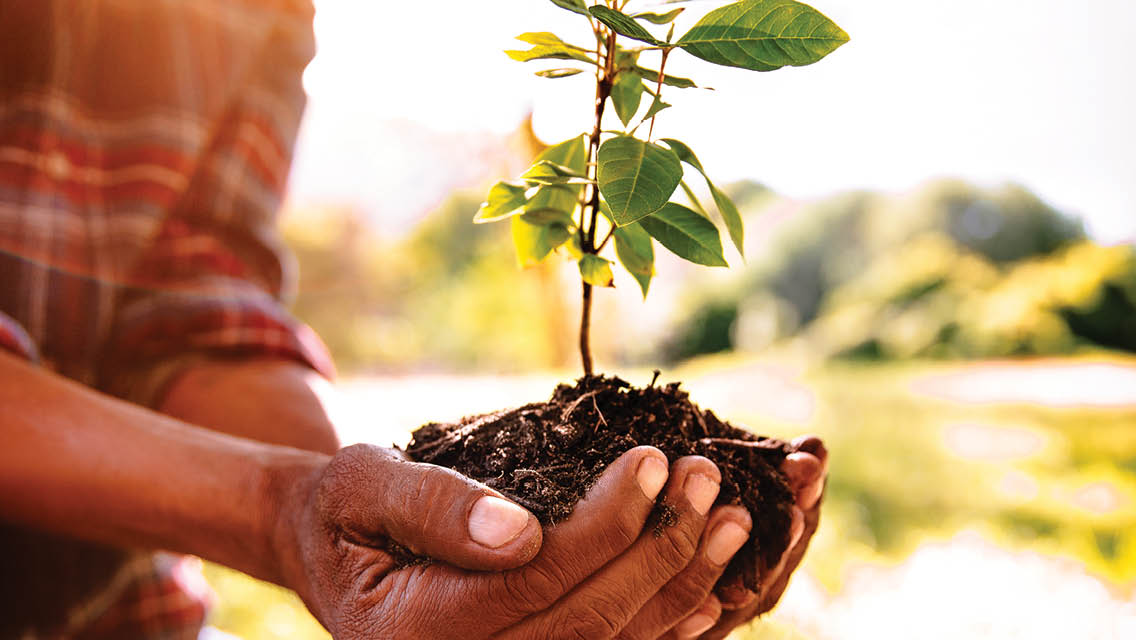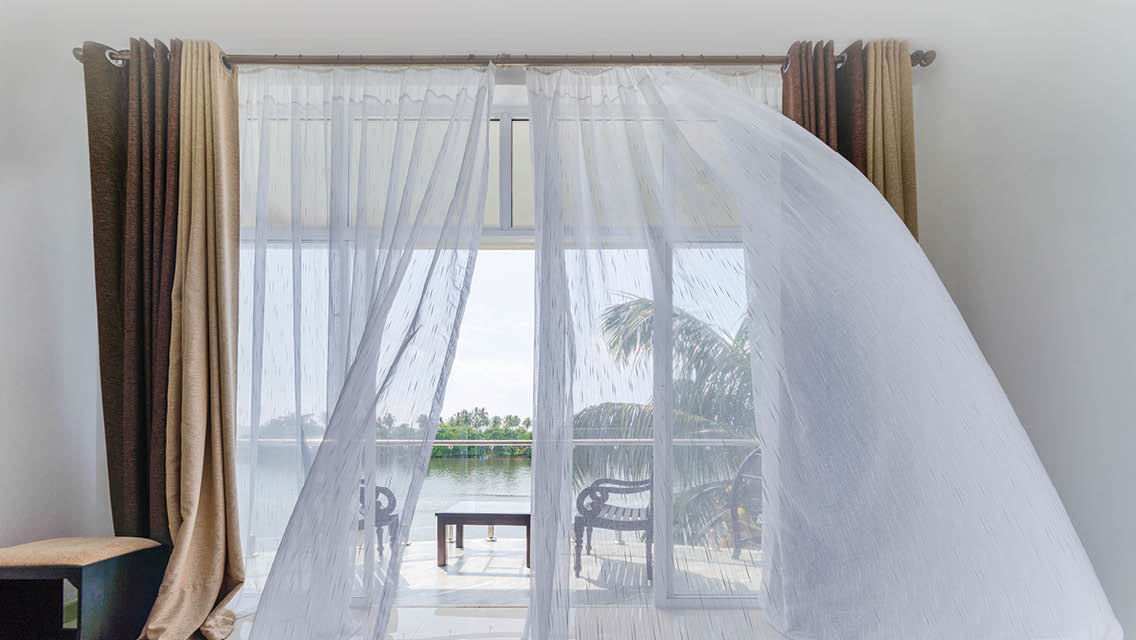An old pal of mine is nearing retirement and announced recently that he and his wife planned to pull up stakes and move to a small border town in southeastern Arizona. The primary motivation seems to involve a keen desire to live within a stone’s throw of their daughter, son-in-law, and young grandson, but the typical aversion to Minnesota winters also lurks just beneath the surface. “I won’t miss shoveling snow,” he admitted the other day.
I’m writing this in the midst of a heat wave that has pushed temperatures near the century mark here in Minneapolis — and well past that in those southern states where retirees tend to settle. For all the challenges that come with a Minnesota winter, I can’t help but wonder whether it’s a small price to pay for a summer that doesn’t feature endless weeks of the kind of scorching heat we’ve been facing for the past couple of days.
Phoenix residents endured 31 straight days of temperatures over 110 degrees in July, and its average temperature of 102.7 degrees during that month broke a record set just three years ago. Similar records were shattered in several retiree-friendly locales, including Las Vegas, Palm Springs, and Fort Myers. “The places that are hot now are precisely the places getting older,” Boston University sociologist Deborah Carr, PhD, tells Paula Span in the New York Times.
There were 425 heat-associated deaths last year in Maricopa County, which includes the Phoenix metro area, and people over 50 accounted for two-thirds of those fatalities. Diana and Charles Cox (no relation) survived, but they’re struggling with the heat this summer. “You really can’t go out and do things,” Diana, 69, laments. “We haven’t been as sociable as I’d like.”
Searching for a lower cost of living when they retired in 2016, the couple moved to a Phoenix suburb after selling their San Jose, Calif., home. They knew the summers would be sweltering, so they planned to decamp to the Bay Area in their motor home during those few months.
Circumstances beyond their control — health issues and the arrival of Diana’s elderly father, who needed care — have anchored them in the desert for the past few years. And it’s been particularly brutal this summer, as renovation work on their home forced them to live in their RV for three months. “A couple of days ago, it got up to 92 in here,” Diana reports. “The cats were prostrate under the ceiling fan.”
The heat can be even harder on older humans, says Neelima Tummala, MD, codirector of George Washington University’s Climate Health Institute. “Older bodies are less efficient at pumping blood to the skin and less efficient at sweating,” she explains.
With the heart struggling to function properly, the risk of cardiovascular stress increases. Meanwhile, dehydration may go unnoticed among seniors taking diuretics and beta-blockers, raising the chance of kidney failure. In other words, high temperatures are dangerous for seniors.
“Extreme heat is the deadliest form of weather in the United States, much more than hurricanes or tornadoes or wildfires,” notes Brian Stone, Jr., PhD, a professor of urban environmental planning at Georgia Tech University.
Stone led a recent study projecting the effects of potential heat-related electrical grid failures after five consecutive days of higher-than-average temperatures in three metro areas: 95 degrees in Detroit, 97 in Atlanta, and 113 in Phoenix. A 48-hour blackout followed by a gradual restoration of power over 72 hours would claim an estimated 220 lives in Detroit (where fewer homes are equipped with air conditioning than in southern cities), six in Atlanta, and a stunning 13,000 in Phoenix. Older adults would account for the vast majority of these fatalities.
The high country outside of Tucson, where my pal and his wife intend to settle, will not feature the incinerating heat typical of the Valley of the Sun, but residents there have also seen record temperatures this summer. Like a lot of retirees, though, they’re not likely to change their plans based solely on the weather. I can attest to the strong attraction of a toddling grandchild. Spending time with them as they grow up is (mostly) a blessing.
Would I find it as attractive if doing so would require relocating to a hot spot thousands of miles away from our current abode? Probably not. But maybe that’s just me, a (slightly) jaded grandpa who doesn’t really mind shoveling snow.





This Post Has 0 Comments